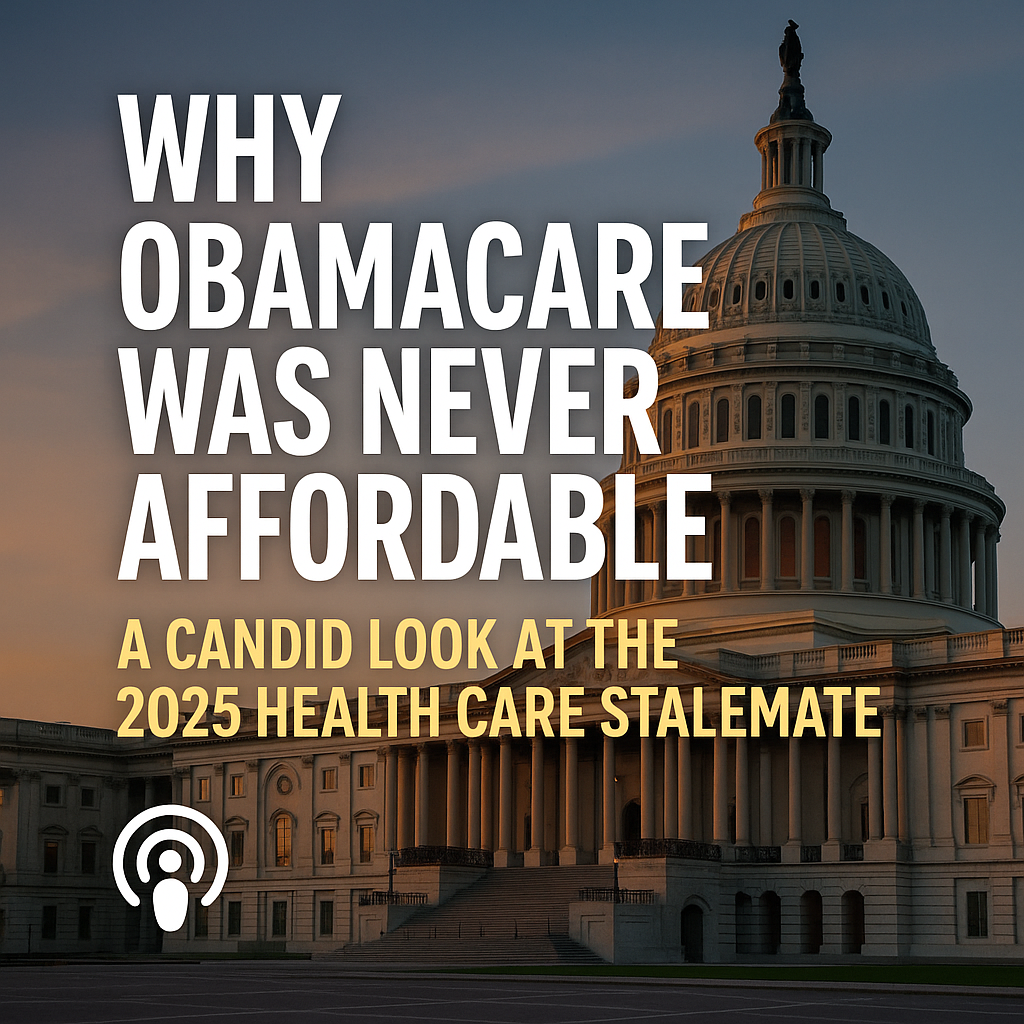In the years ahead, President George W. Bush faces an army more menacing than Saddam Hussein’s, which threatened to sweep down on all the oil fields in Arabia. By saying no to carbon dioxide caps, Bush has stood in the way of an army of diplomats and lobbyists whose ambition is to create a “carbon cartel,” one that seeks to control all the carbon-based fuel–coal, oil, and gas–on the planet.
They do not call themselves a cartel, of course. They advocate some variant of the Kyoto global warming protocol, and claim they are trying to influence the climate and thereby save the planet. But the chance their proposals would have any measurable effect on climate is near zero. The driving force behind this movement is not any theoretical harm associated with carbon dioxide; it is the very real economic value associated with carbon-containing fuels.
While it has support from some industries, the carbon cartel is not, and never could be, an industry cartel. To operate on a global scale and enforce its restrictions on producers and consumers, such a cartel must be sponsored by governments, cooperating in an international forum like the United Nations. And it cannot succeed without the participation of the U.S. government.
Winners and losers abound
The profits potentially available to the carbon cartel are measured in tens of trillions of dollars. Those profits would take a variety of forms around the world: tax revenues to governments; bribes to government officials; valuable carbon “credits” and “allowances” that governments allocate to favored parties; and many, many jobs for diplomats, politicians, regulators, tax collectors, lawyers, and lobbyists. Other winners would include the industries that compete with carbon-based fuels: hydro-power (mostly government owned), nuclear (still a long-shot in the U.S.), and such “alternative” energy sources as windmills and solar.
The carbon cartel’s organizers face a key challenge: how to allocate the spoils in a way that produces a winning and sustainable coalition. Right now the Kyoto formula favors Europe over the U.S.; we can expect to see concessions designed to bring the U.S. on board. These are likely to be designed specifically to influence U.S. politics: Some additional share of the booty will be made available to U.S. companies with perceived political influence, or to labor unions–perhaps the coal miners. Further concessions will be needed to bring countries like China and India on board. This is what is being negotiated in all those international meetings: not the world’s climate, but the division of the carbon cartel’s plunder.
The big losers, of course, will be consumers everywhere. The carbon cartel is counting on the fact that the world’s consumers are poorly informed and poorly organized. Right now Bush is their champion and protector, though few of them realize it and he may not fully appreciate it himself.
If the carbon cartel succeeds, it will cause direct economic damage on an unprecedented scale. More frightening, however, is the collateral damage it would inflict on our political institutions. It would corrupt the world’s governments; set them in opposition to consumers and to free trade; seduce them into converting market economies into planned economies; and divert vast resources from productive uses to political ones.
History is not over. Despite its diplomatic demeanor and green garb, the carbon cartel is perhaps the greatest threat to freedom and prosperity that looms in the twenty-first century. In resisting it, President Bush has taken the high ground. Everyone who cares about the fate of the planet should help him hold it.
Brian Mannix is is director of science and technology at the Manufacturers Alliance, an industry-supported think tank in Arlington, Virginia.



